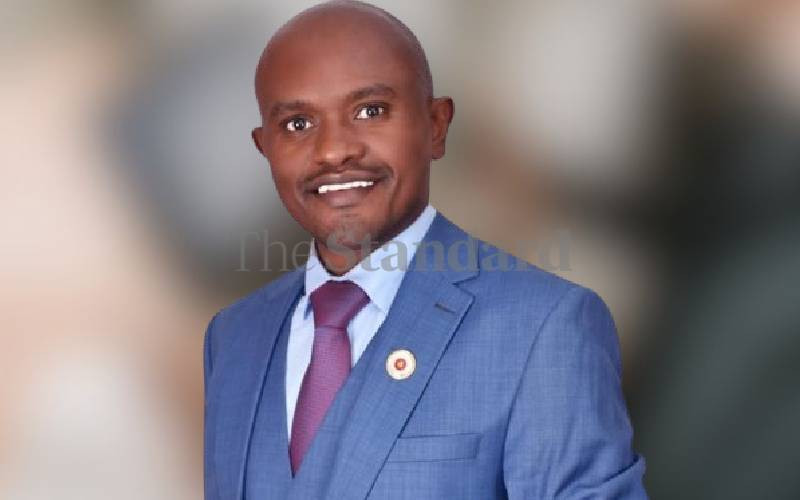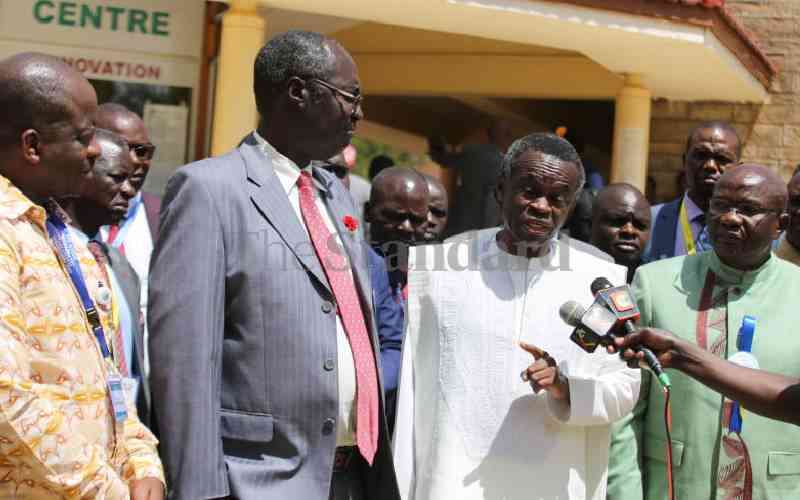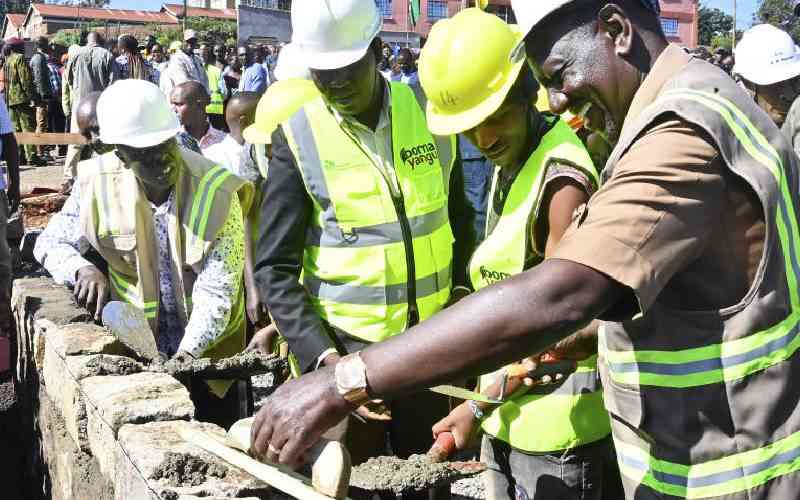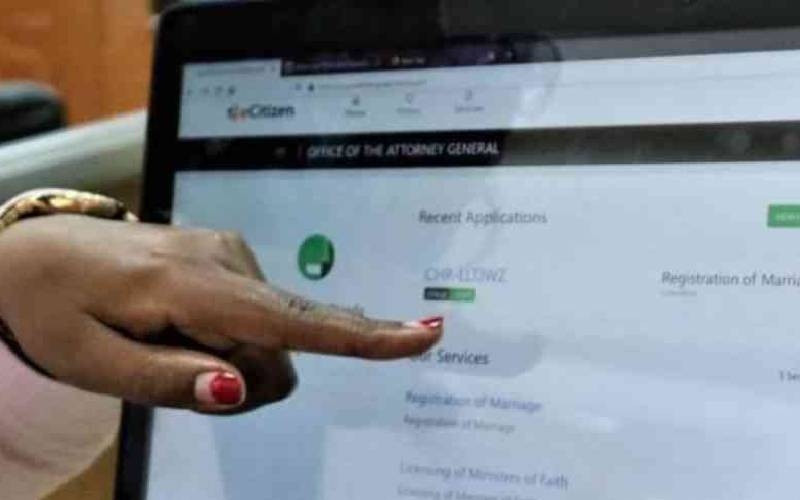The overwhelming vote in favour of Ferdinand Waititu in the Kabete JAP nominations affirms my view about Kenyan public attitude towards the integrity of political leaders.
First and for the record, the media has been wrong in portraying Waititu as having been declared unfit to hold public office by the courts. When the matter of his integrity was raised after his appointment as chair of the Athi Water Services Board, the court refused to descend into the arena of determining Waititu’s integrity.
It quashed his appointment on the basis that his appointer, the Minister for Environment Water and Natural Resources had not assessed Waititu’s suitability on the basis of integrity. In the view of the court, the new Constitution had set a high integrity threshold for persons getting appointed to public office, and persons making appointments to those offices needed to satisfy themselves that their appointees had met the integrity threshold before appointing them.
Interestingly to the best of my knowledge, there have been numerous appointments into all manner of public entities, and despite the court’s ruling, this issue has obviously not been given due attention. But that’s an issue for another day. Where Waititu’s nomination affirms my view that the public is absolutely disinterested in the integrity of political leaders is that in the process leading to his nomination, there was no public discussion on whether Waititu met the integrity threshold, which, considering that his appointment had been quashed by the courts for failure to assess his integrity, should have been the foremost consideration. Even in the media, the discussion was more about whether he was a legitimate Kabetean, and what his appointment would do to the dynamics of Kiambu County politics. This is not so much about Waititu, who by the way one has to admire for his grit and worldliness, the reality is that in all elective contests that have occurred this far, this issue of integrity has never excited public opinion. It is as if when one comes to elective office, the bar is either not there at all or is amazingly low.
This attitude is reflected in the attitudes we have on our parliamentarians; it has been interesting that in the various “committee-gates” what tends to excite the media and by extension the public is the backstabbing and salacious details of sleaze than shock at its occurrence.
It was amazing that when PAC chair Ababu Namwamba recorded a conversation where MPs can be clearly heard confessing to eating chicken, the outcry was more about him daring to record “Baba” than commendation that he had caught MPs in fraglant delicto. This attitude is clearly reflected by how citizens rally around and defend one of their political leaders if they are said to be engaged in corruption.
It is difficult to understand where the rain started beating us on this issue. At some point after Elections 2002, before we resorted to default, expectations on integrity had become high. Indeed the public reaction to the Githongo recordings on Anglo Leasing were received with widespread enthusiasm and Githongo was not really vilified for “daring to record”.
I believe part of public skepticism with integrity has been the overwhelming role that factors other than integrity now play in the elective process, which, by the way, was different in elections 2002.
Generally speaking, in those “one dominant-party” elections, competence and credibility played a significant role. Elections since then are more about tribe, clan, family, money, political affiliation and more money. So we have now acquired a culture where we don’t expect very much credibility from our political leadership.
Secondly national politics largely appears removed from us. Sleaze at the national level appears not to impact the citizen much. You will notice this from the overwhelming public disapproval of sleaze at the county level compared to national level sleaze.
Are we beyond recovery? Is there a time when the citizen will raise the integrity threshold for national political leadership? I believe the more we make the connection between the character of our political leadership and our welfare, the more we will invest in demanding integrity. Until then, we will continue to talk integrity, but our actions will be speaking a different language.
 The Standard Group Plc is a
multi-media organization with investments in media platforms spanning newspaper
print operations, television, radio broadcasting, digital and online services. The
Standard Group is recognized as a leading multi-media house in Kenya with a key
influence in matters of national and international interest.
The Standard Group Plc is a
multi-media organization with investments in media platforms spanning newspaper
print operations, television, radio broadcasting, digital and online services. The
Standard Group is recognized as a leading multi-media house in Kenya with a key
influence in matters of national and international interest.
 The Standard Group Plc is a
multi-media organization with investments in media platforms spanning newspaper
print operations, television, radio broadcasting, digital and online services. The
Standard Group is recognized as a leading multi-media house in Kenya with a key
influence in matters of national and international interest.
The Standard Group Plc is a
multi-media organization with investments in media platforms spanning newspaper
print operations, television, radio broadcasting, digital and online services. The
Standard Group is recognized as a leading multi-media house in Kenya with a key
influence in matters of national and international interest.








